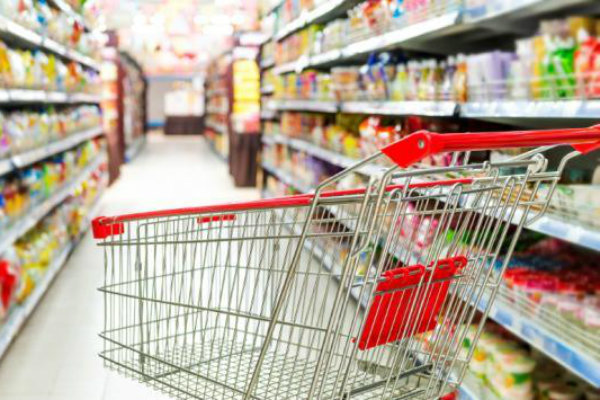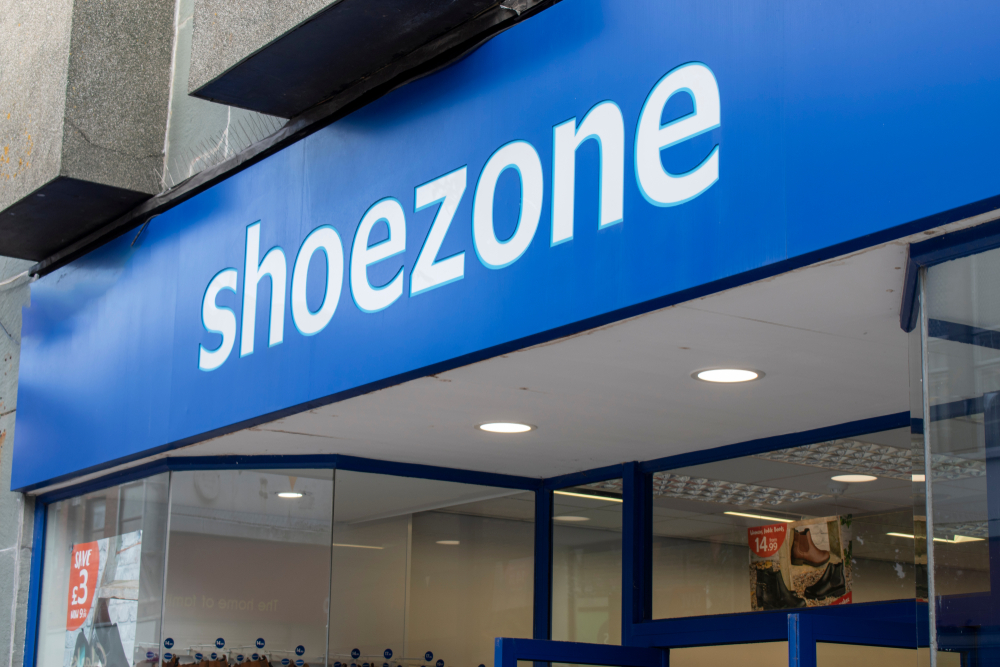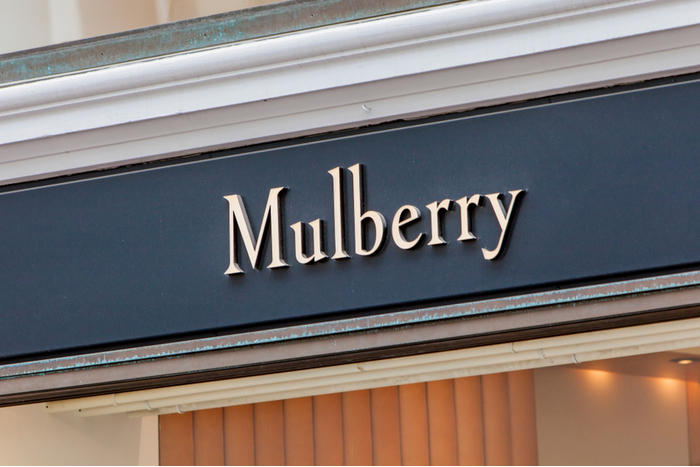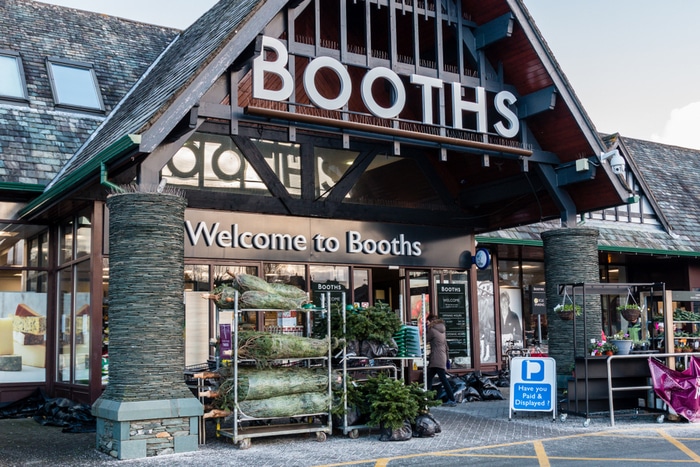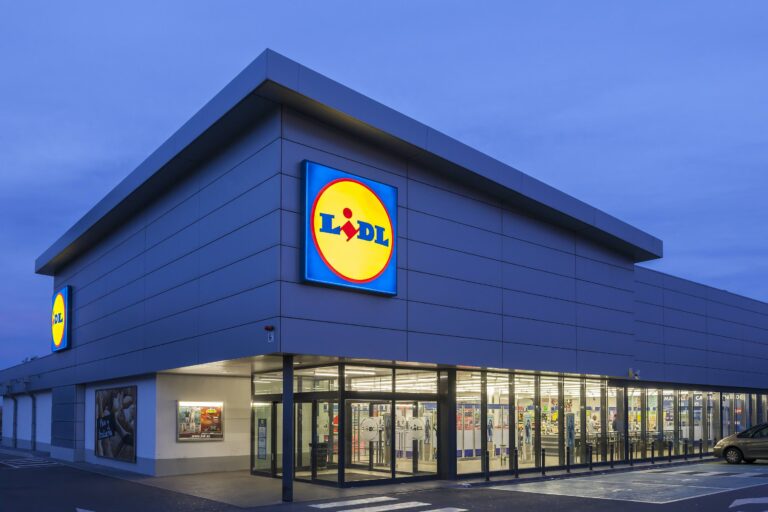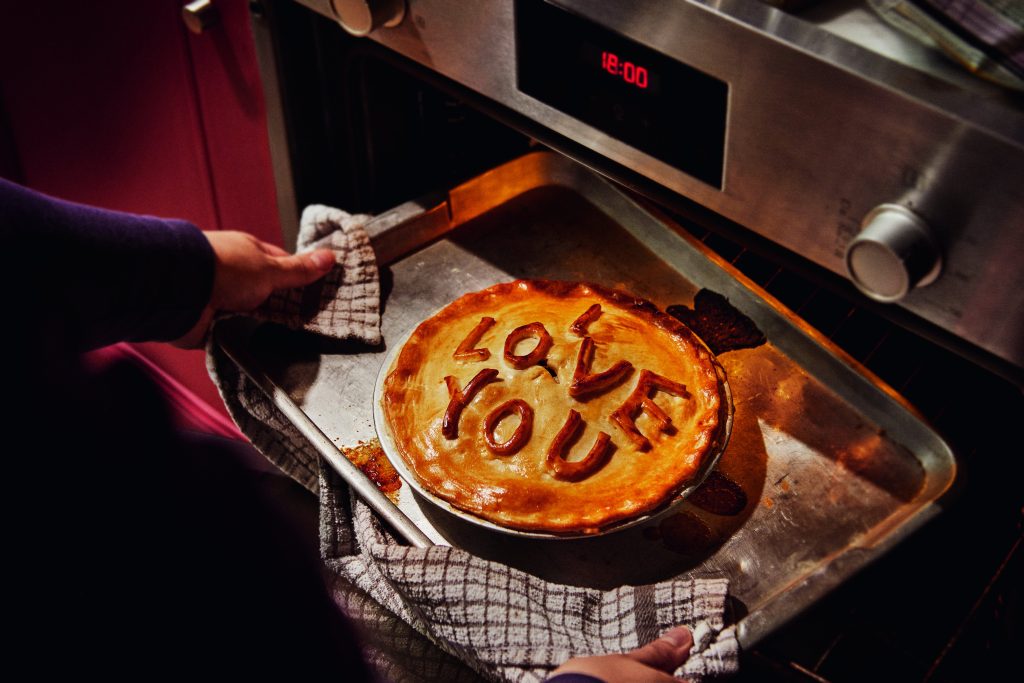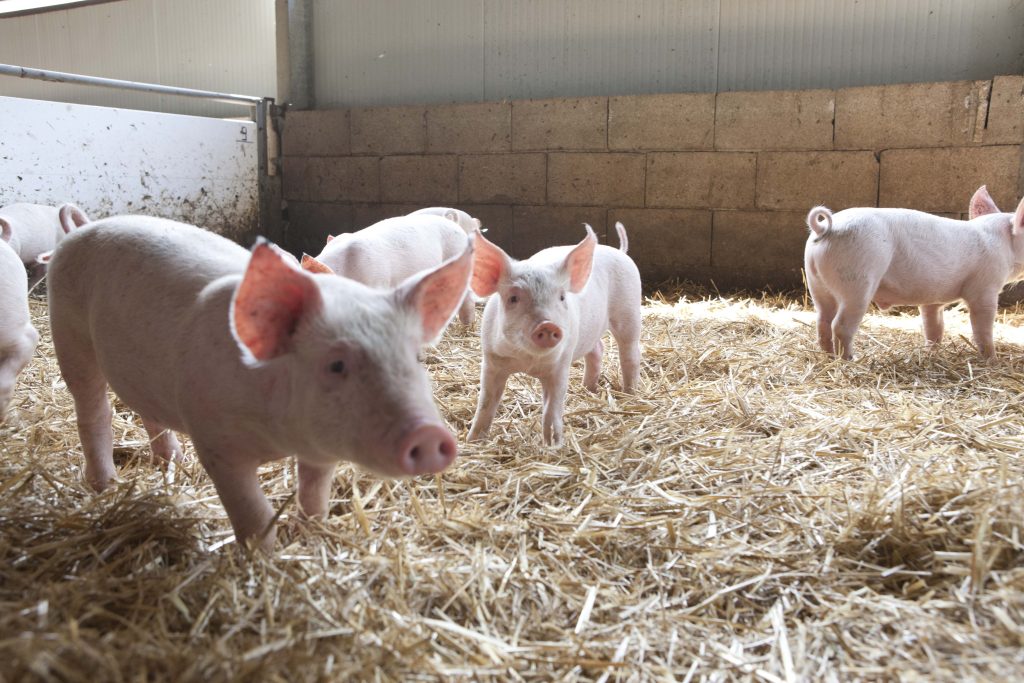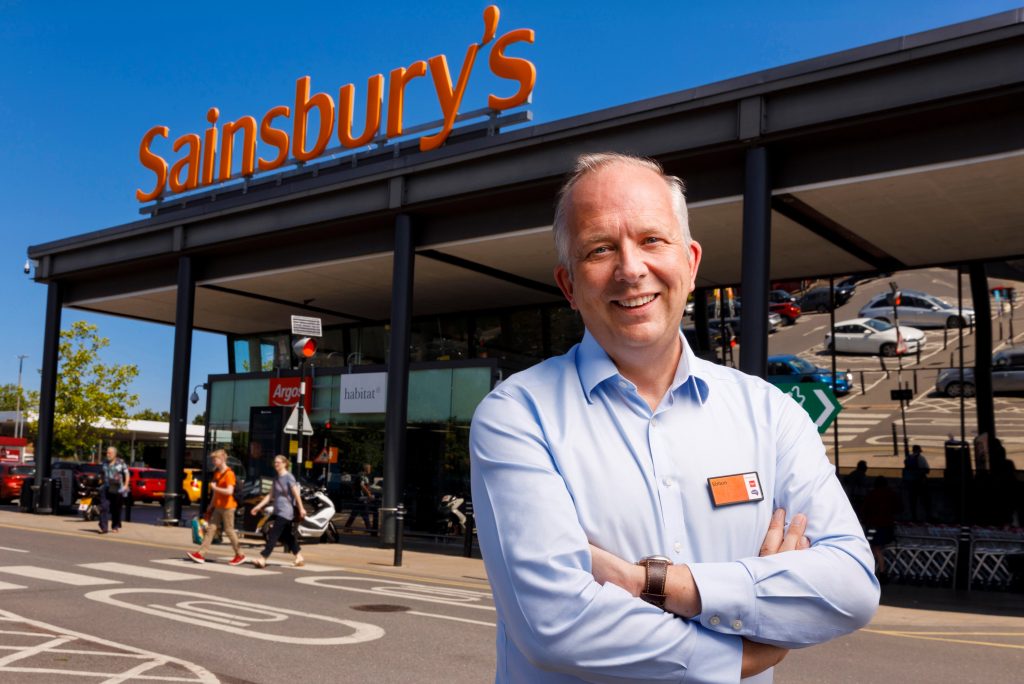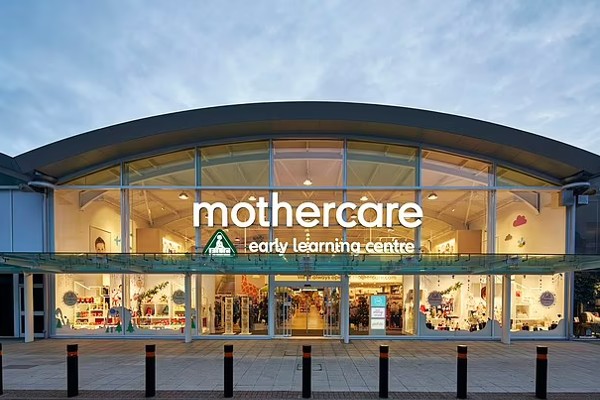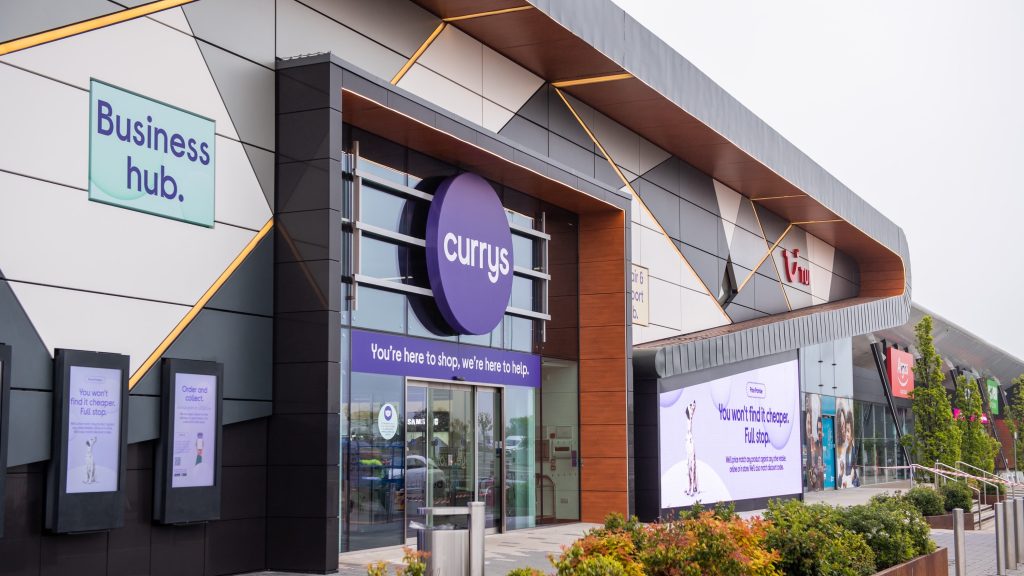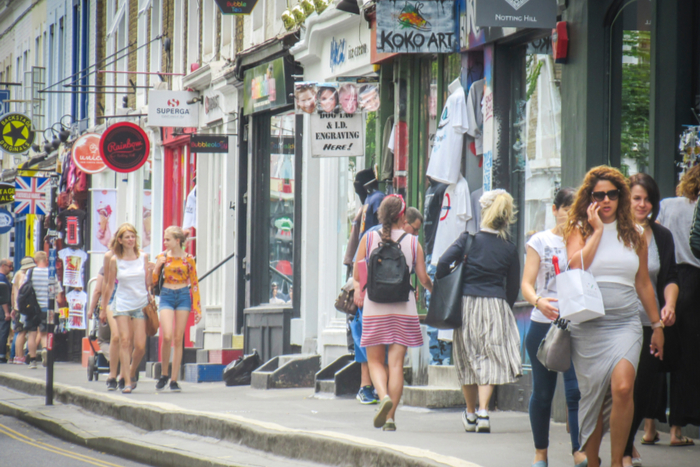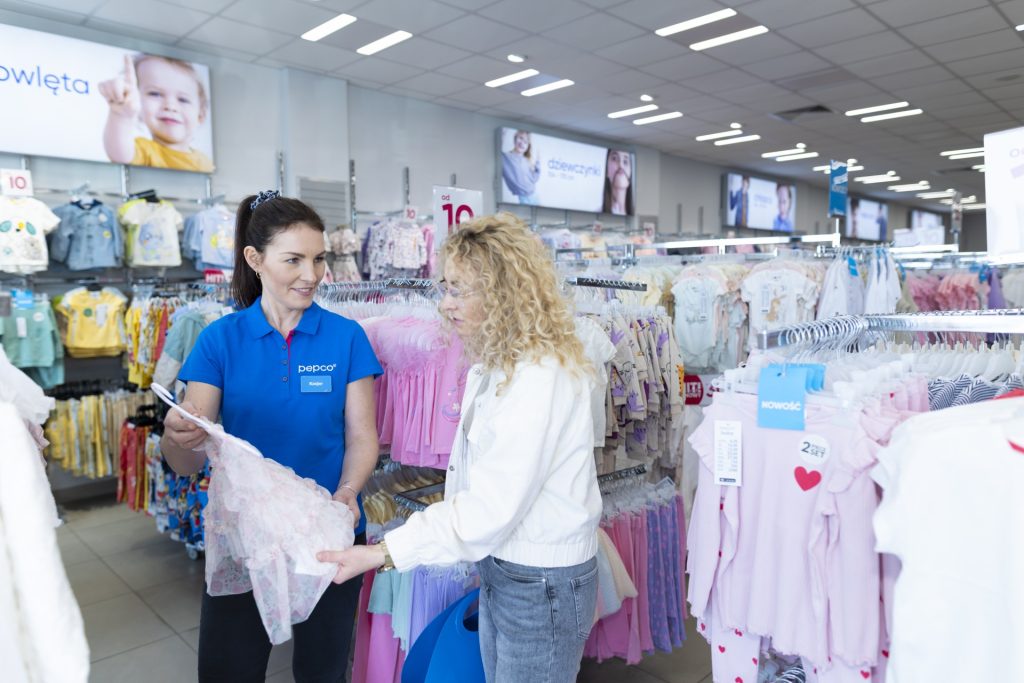New supermarket retail share figures from Kantar Worldpanel shows slow growth for the grocery sector for the 12 weeks to July 17, with overall sales up 0.1 per cent compared to last year.
Tesco continues to be the biggest supermarket retailer in the UK, with a 28.3 per cent share of the market – 0.2 per cent lower than the same period last year thanks to a 0.7 per cent dip in sales, making it its slowest rate of market share loss since March 2014.
Its closest competitor Sainsbury‘s also experienced a 0.2 per cent drop in market share, down to 16.3 per cent, as its sales dropped by 1.1 per cent across the 12-week period.
Asda was worst performing of the big four once again, posting a 5.6 per cent drop in sales and a market share drop from 16.4 to 15.5 per cent.
Meanwhile, Morrisons recorded its best result since January as sales dipped 1.8 per cent and its market share went from 10.9 to 10.7 per cent.
In contrast to the Big 4, all other grocery chains experienced an increase in market share, with Aldi experiencing the biggest increase in market share from 5.6 to 6.2 per cent.
Iceland, the Co-op and Waitrose also had sales growth of 2.8 per cent, 2.1 per cent and 1.6 per cent respectively – but their figures paled in comparison to Aldi and Lidl, whose sales spiked at 11 per cent and 12.5 per cent respectively.
Kantar Worldpanel head of retail and consumer insight Fraser McKevitt said the EU referendum result “has had no immediate impact” on the prices the supermarket retailers were charging or their sales volumes.
“The nation‘s average shopping basket is 1.4 per cent cheaper than a year ago, exactly the same level of deflation as reported last month, and it remains to be seen if the Brexit vote will bring about any price rises this year,” he said.
However, according to data compiled by Nielsen for the four week period to July 16 tells a slightly different story of for supermarket retailers.
According to Nielsen, the value of sales dropped 2.4 per cent year-on-year, making it the worst figure since July 2014.
Meanwhile, supermarket sales volumes fell 1.5 per cent, the worst performance since September 2014.
Nielsen said the Big 4 were experiencing major challenges from all the other smaller grocery chains, along with added pressure from the wetter-than-usual start to summer this year.
However, Aldi and Lidl combined still managed to achieve a record market share of 11.8 per cent during the 12 weeks to July 16.
Aldi‘s sales also soared by 18.2 per cent, while Lidl‘s increased by 12.3 per cent.
Meanwhile, sales at M&S Food went up by 5.6 per cent, while the Co-op and Waitrose reported sales upticks of three and 2.2 per cent respectively.
Keep up to date with Retail Gazette by liking us on Facebook

